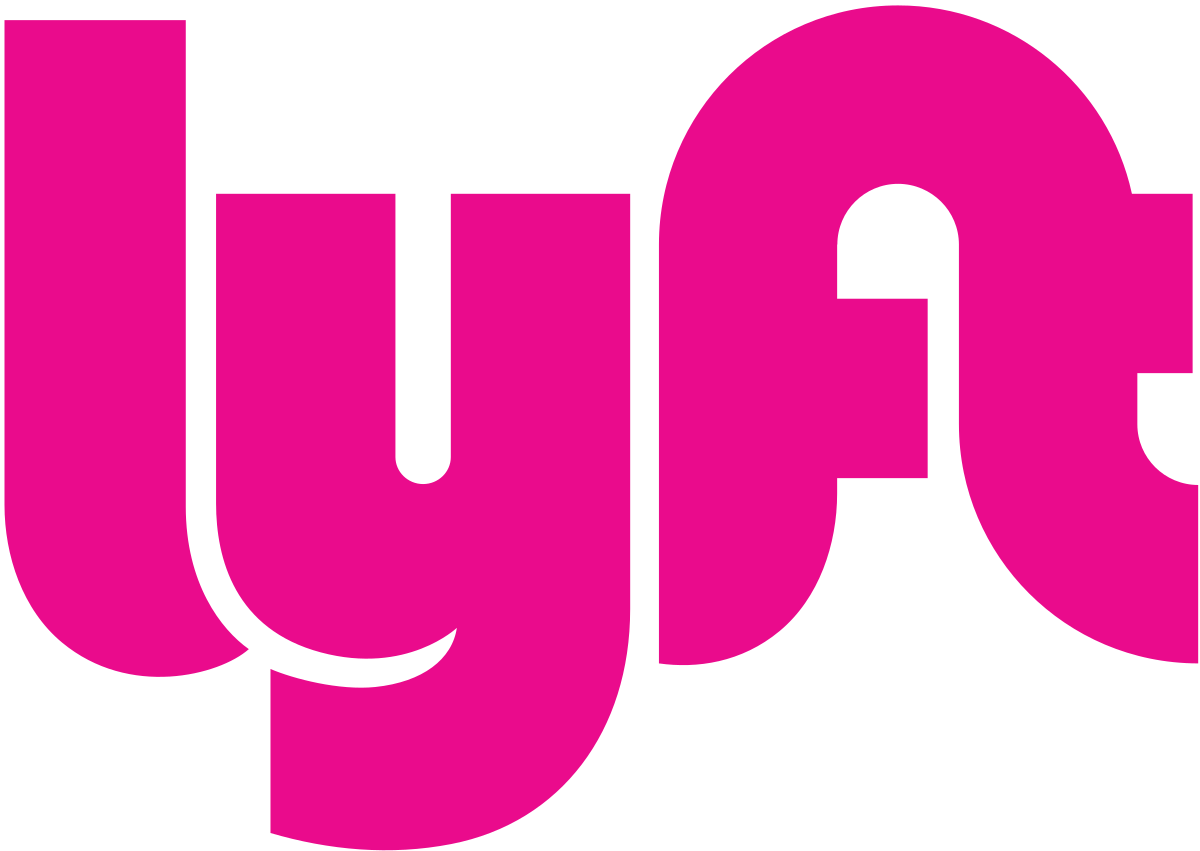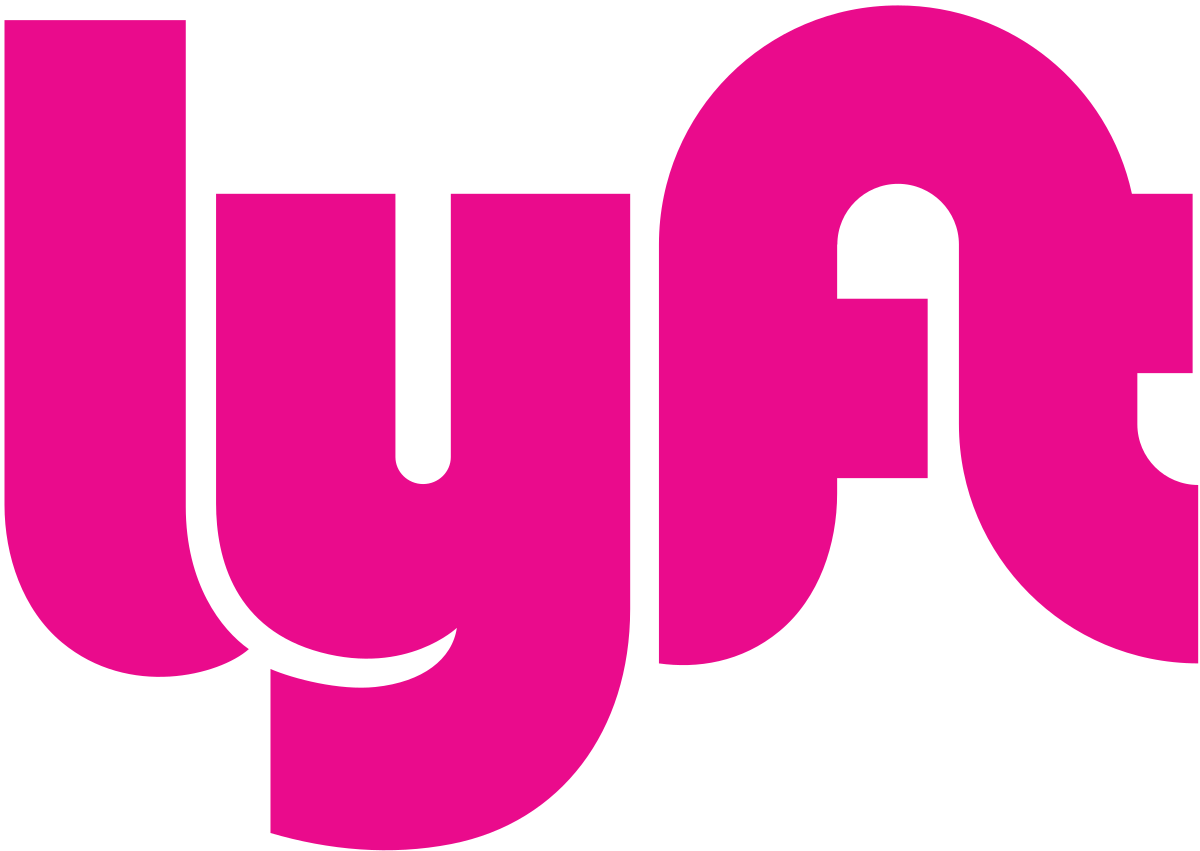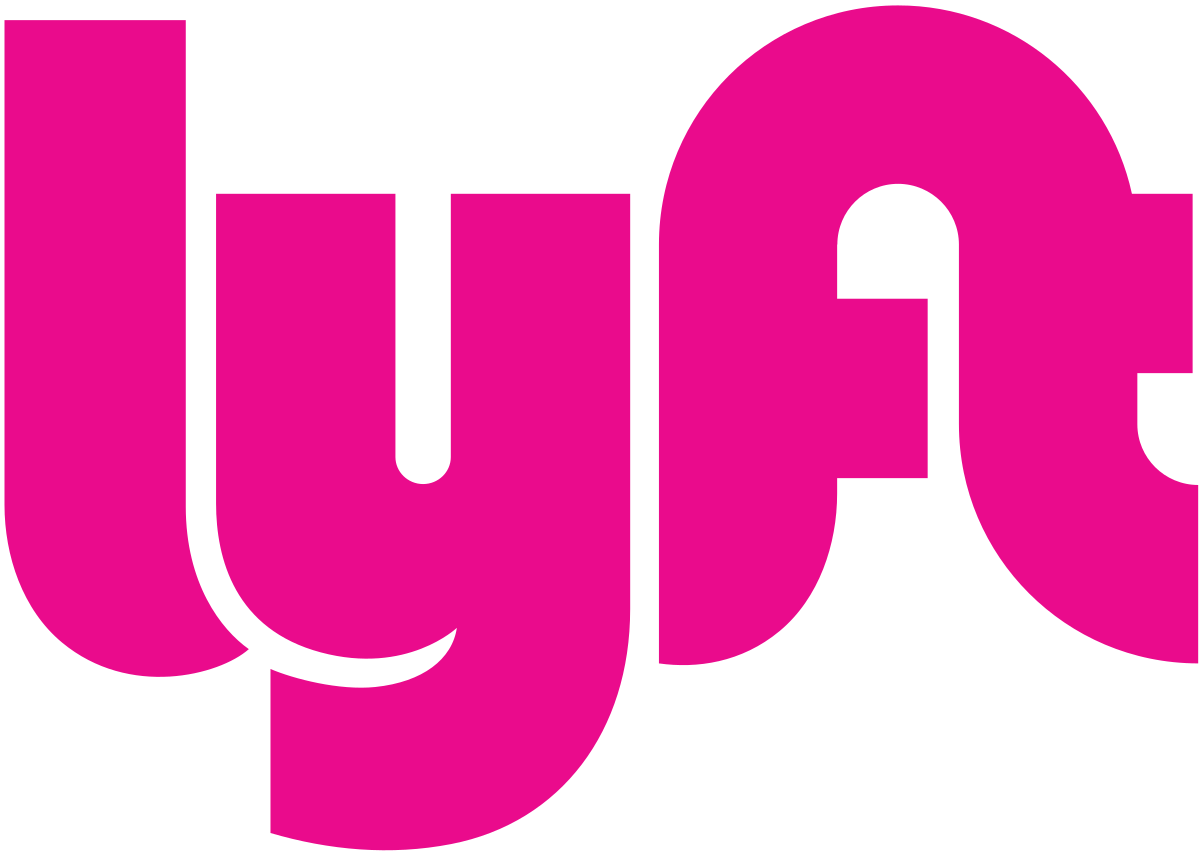Class Action Lawsuit Filed Against Lyft, Inc. by The Schall Law Firm

The Schall Law Firm Announces Class Action Lawsuit Against Lyft, Inc. (NASDAQ:LYFT)
The Schall Law Firm's announcement of a class action lawsuit against Lyft, Inc. (NASDAQ:LYFT) for alleged violations of the Securities Exchange Act of 1934 has stirred significant attention among investors. This legal action is focused on a narrow window of time on February 13, 2024, when investors who bought Lyft's securities between 4:05 p.m. and 4:51 p.m. ET were potentially misled by the company's financial health and projections. The lawsuit claims that Lyft made false and misleading statements, particularly regarding its "adjusted EBITDA margin expansion," which was initially stated to be around 500 basis points year-over-year but was later corrected to only 50 basis points during an earnings call. This discrepancy led to a sharp decline in Lyft's share price, causing substantial losses for investors.
The Schall Law Firm is actively encouraging investors who have incurred losses exceeding $100,000 due to these alleged misleading statements to come forward before the May 6, 2024 deadline. This outreach is crucial for investors to understand their rights and the potential to recover their losses through legal means. The firm's specialization in securities class action lawsuits and shareholder rights litigation positions it as a key resource for affected shareholders seeking to navigate the complexities of this case. The class has not yet been certified, which means that investors are not automatically represented and must take action to join the lawsuit.
In the midst of this legal turmoil, Lyft's operational challenges in Minneapolis have also come to light. The company, along with Uber, faced regulatory changes that could significantly impact their business model. The Minneapolis City Council's decision to delay the start of a driver pay raise has temporarily postponed Lyft's plans to exit the city. This regulatory backdrop adds another layer of complexity to Lyft's operational and financial landscape, potentially influencing investor perceptions and the company's stock price.
Furthermore, the recent price target update by Ken Gawrelski of Wells Fargo, setting Lyft's new price target at $18, as reported by StreetInsider, introduces a financial dimension to the ongoing discussions about Lyft's value and performance. With Lyft's stock trading at $17.84 at the time of the announcement, the slight potential upside of approximately 0.9% suggests a cautious optimism among analysts regarding Lyft's ability to navigate its current challenges. This financial analysis, juxtaposed with the legal and regulatory hurdles faced by Lyft, paints a comprehensive picture of the multifaceted pressures on the company's stock performance and investor sentiment.
Investors and market watchers are closely monitoring these developments, as the outcome of the class action lawsuit and Lyft's response to regulatory changes in Minneapolis could have significant implications for the company's financial health and stock valuation. The legal action, in particular, underscores the importance of transparency and accuracy in corporate communications, especially regarding financial projections that can have a profound impact on investor decisions and market dynamics.
| Symbol | Price | %chg |
|---|---|---|
| CRM.BA | 19650 | 0.46 |
| GOTO.JK | 57 | 0 |
| 462870.KS | 41950 | 1.31 |
| 4684.T | 5448 | 0.42 |

Oppenheimer Boosts Lyft Price Target, Keeps Outperform Rating Unchanged
Oppenheimer raised its price target on Lyft (NASDAQ:LYFT) to $20 from $17, reiterating an Outperform rating. The new target reflects 12x 2026E EBITDA, which still implies a 27% discount to peers and 24% to Uber.
The firm believes robotaxi-related risks have subsided, noting Tesla’s limited launch in Austin underwhelmed both investors and users, undermining the bear case that autonomous vehicles would quickly disrupt the rideshare market.
With consumer demand and competitive dynamics stable, Oppenheimer sees a favorable 2Q and second-half outlook, pointing to potential upside to consensus estimates. Current Street projections of a 12% gross bookings CAGR through 2027 trail Lyft’s 15% internal target, reinforcing the analyst's bullish stance.

Lyft Inc. (NASDAQ:LYFT) Stock Upgrade by Goldman Sachs
- Goldman Sachs upgraded Lyft Inc. (NASDAQ:LYFT) to "Buy" from "Neutral" with a new price target of $20, indicating a positive outlook on the company's future.
- Lyft reported earnings of $1.45 billion, slightly below estimates, but exceeded profit expectations with a one-cent per share profit, showcasing operational efficiency.
- The company announced a $750 million share buyback plan, reflecting confidence in its strategic initiatives and focus on innovation and market expansion.
Lyft Inc. (NASDAQ:LYFT), a key player in the ride-sharing industry, has been competing with giants like Uber and Waymo. On May 9, 2025, Goldman Sachs upgraded Lyft's stock rating to "Buy" from "Neutral," with the stock priced at $16.65. This upgrade, reported by Benzinga, underscores Lyft's strong performance despite competitive pressures.
Following the announcement of its first-quarter results, Lyft's stock saw an uptick. The company reported earnings of $1.45 billion, slightly below the $1.47 billion estimate, but exceeded profit expectations with a one-cent per share profit. This was contrary to the anticipated loss, showcasing Lyft's operational efficiency.
Lyft's strategic initiatives, such as a $750 million share buyback plan, have bolstered investor confidence. The company's focus on innovation and market expansion is evident in its record first-quarter metrics, including active riders, rides, and gross bookings. These achievements highlight Lyft's commitment to enhancing user engagement and marketplace health.
Despite the positive outlook, analysts have mixed views on Lyft's future. Needham's Bernie McTernan maintains a Hold rating due to competition from autonomous vehicle technologies. However, Goldman Sachs' Eric Sheridan upgraded the stock to Buy, raising the price target to $20, reflecting optimism about Lyft's growth potential.
Lyft's stock price currently stands at $16.65, marking a 28.08% increase with a $3.65 change. The stock has fluctuated between $14.65 and $16.78 today, with a 52-week high of $19.07 and a low of $8.93. With a market cap of $6.86 billion and a trading volume of 106.34 million shares, Lyft remains a significant player in the NASDAQ market.

Lyft Inc. (NASDAQ:LYFT) Stock Upgrade by Goldman Sachs
- Goldman Sachs upgraded Lyft Inc. (NASDAQ:LYFT) to "Buy" from "Neutral" with a new price target of $20, indicating a positive outlook on the company's future.
- Lyft reported earnings of $1.45 billion, slightly below estimates, but exceeded profit expectations with a one-cent per share profit, showcasing operational efficiency.
- The company announced a $750 million share buyback plan, reflecting confidence in its strategic initiatives and focus on innovation and market expansion.
Lyft Inc. (NASDAQ:LYFT), a key player in the ride-sharing industry, has been competing with giants like Uber and Waymo. On May 9, 2025, Goldman Sachs upgraded Lyft's stock rating to "Buy" from "Neutral," with the stock priced at $16.65. This upgrade, reported by Benzinga, underscores Lyft's strong performance despite competitive pressures.
Following the announcement of its first-quarter results, Lyft's stock saw an uptick. The company reported earnings of $1.45 billion, slightly below the $1.47 billion estimate, but exceeded profit expectations with a one-cent per share profit. This was contrary to the anticipated loss, showcasing Lyft's operational efficiency.
Lyft's strategic initiatives, such as a $750 million share buyback plan, have bolstered investor confidence. The company's focus on innovation and market expansion is evident in its record first-quarter metrics, including active riders, rides, and gross bookings. These achievements highlight Lyft's commitment to enhancing user engagement and marketplace health.
Despite the positive outlook, analysts have mixed views on Lyft's future. Needham's Bernie McTernan maintains a Hold rating due to competition from autonomous vehicle technologies. However, Goldman Sachs' Eric Sheridan upgraded the stock to Buy, raising the price target to $20, reflecting optimism about Lyft's growth potential.
Lyft's stock price currently stands at $16.65, marking a 28.08% increase with a $3.65 change. The stock has fluctuated between $14.65 and $16.78 today, with a 52-week high of $19.07 and a low of $8.93. With a market cap of $6.86 billion and a trading volume of 106.34 million shares, Lyft remains a significant player in the NASDAQ market.

Lyft Inc (NASDAQ:LYFT) Faces Pricing Pressures Amidst Revenue Beat
- Thomas Champion from Piper Sandler sets a price target of $18 for Lyft Inc (NASDAQ:LYFT), indicating a potential increase of about 35.95%.
- Despite a revenue beat in the fourth quarter, LYFT's stock price decreases due to concerns over weak bookings and pricing pressures.
- LYFT projects rides growth in the mid-teens and bookings growth of 10% to 14% year-on-year for the first quarter, amidst a challenging pricing environment.
On February 12, 2025, Thomas Champion from Piper Sandler set a price target of $18 for Lyft Inc (NASDAQ:LYFT). At the time, LYFT's stock price was $13.24, suggesting a potential increase of about 35.95%. This optimistic outlook contrasts with the current market sentiment, as highlighted by Benzinga, where analysts weigh earnings beats against pricing pressures and weak bookings.
Despite reporting a revenue beat for the fourth quarter, LYFT shares are trading lower. Analyst Deepak Mathivanan from Cantor Fitzgerald maintained a Neutral rating but reduced the price target from $15 to $14. This reflects concerns over LYFT's fourth-quarter bookings, which were 1% below Street expectations, despite the earnings beat.
For the first quarter, LYFT projects rides growth in the mid-teens and bookings growth of 10% to 14% year-on-year. However, the midpoint of this guidance falls short of current consensus estimates. The disappointing bookings guidance is attributed to a "deterioration in industry pricing trends" observed since the latter part of the fourth quarter.
LYFT's current stock price is $13.25, reflecting a decrease of 7.92% with a change of $1.14. Today, the stock has fluctuated between a low of $12.06 and a high of $14.19. Over the past year, LYFT has reached a high of $20.82 and a low of $8.93, indicating significant volatility in its stock performance.
The company's market capitalization stands at approximately $5.38 billion, with a trading volume of 86.63 million shares on the NASDAQ exchange. While LYFT is making progress on key product initiatives to enhance its rideshare services, the challenging pricing environment introduces uncertainties to its near-term growth trajectory.

Lyft Inc (NASDAQ:LYFT) Stock Update: Neutral Rating and Price Target Adjustment
- Piper Sandler adjusted Lyft's rating to Neutral, maintaining a hold action with a current stock price of $13.42.
- Despite surpassing revenue expectations, Lyft's fourth-quarter bookings fell short by 1%, leading to a reduced price target from $15 to $14 by Cantor Fitzgerald.
- Lyft anticipates rides growth in the mid-teens and bookings growth between 10% and 14% year-on-year for the first quarter, amidst challenges in the pricing environment.
On February 12, 2025, Piper Sandler adjusted the grade of Lyft Inc (NASDAQ:LYFT) to Neutral, maintaining a hold action. At the time, the stock price was $13.42.
Lyft, a major player in the ridesharing industry, competes with companies like Uber. It offers transportation services through its app, connecting drivers with passengers. Despite surpassing revenue expectations for the fourth quarter, Lyft's shares declined. Analyst Deepak Mathivanan from Cantor Fitzgerald maintained a Neutral rating but reduced the price target from $15 to $14. This reflects concerns over Lyft's performance, as its fourth-quarter bookings fell 1% short of Wall Street expectations, despite an earnings beat.
For the first quarter, Lyft anticipates rides growth in the mid-teens and bookings growth between 10% and 14% year-on-year. However, the midpoint of this guidance is below current consensus estimates. The weaker bookings guidance is attributed to a "deterioration in industry pricing trends" observed since the latter part of the fourth quarter, as highlighted by Cantor Fitzgerald. Lyft is making "steady progress on key product initiatives" to enhance its rideshare services. However, these efforts face challenges due to the difficult pricing environment, introducing significant uncertainties to its near-term growth trajectory.
The current stock price of Lyft is $13.46, reflecting a decrease of 6.44% with a change of $0.93. Today, the stock has fluctuated between a low of $12.06 and a high of $14.19. Over the past year, Lyft's stock has reached a high of $20.82 and a low of $8.93. The company has a market capitalization of approximately $5.47 billion, with a trading volume of 67.34 million shares on the NASDAQ.

Lyft Inc (NASDAQ:LYFT) Faces Pricing Pressures Amidst Revenue Beat
- Thomas Champion from Piper Sandler sets a price target of $18 for Lyft Inc (NASDAQ:LYFT), indicating a potential increase of about 35.95%.
- Despite a revenue beat in the fourth quarter, LYFT's stock price decreases due to concerns over weak bookings and pricing pressures.
- LYFT projects rides growth in the mid-teens and bookings growth of 10% to 14% year-on-year for the first quarter, amidst a challenging pricing environment.
On February 12, 2025, Thomas Champion from Piper Sandler set a price target of $18 for Lyft Inc (NASDAQ:LYFT). At the time, LYFT's stock price was $13.24, suggesting a potential increase of about 35.95%. This optimistic outlook contrasts with the current market sentiment, as highlighted by Benzinga, where analysts weigh earnings beats against pricing pressures and weak bookings.
Despite reporting a revenue beat for the fourth quarter, LYFT shares are trading lower. Analyst Deepak Mathivanan from Cantor Fitzgerald maintained a Neutral rating but reduced the price target from $15 to $14. This reflects concerns over LYFT's fourth-quarter bookings, which were 1% below Street expectations, despite the earnings beat.
For the first quarter, LYFT projects rides growth in the mid-teens and bookings growth of 10% to 14% year-on-year. However, the midpoint of this guidance falls short of current consensus estimates. The disappointing bookings guidance is attributed to a "deterioration in industry pricing trends" observed since the latter part of the fourth quarter.
LYFT's current stock price is $13.25, reflecting a decrease of 7.92% with a change of $1.14. Today, the stock has fluctuated between a low of $12.06 and a high of $14.19. Over the past year, LYFT has reached a high of $20.82 and a low of $8.93, indicating significant volatility in its stock performance.
The company's market capitalization stands at approximately $5.38 billion, with a trading volume of 86.63 million shares on the NASDAQ exchange. While LYFT is making progress on key product initiatives to enhance its rideshare services, the challenging pricing environment introduces uncertainties to its near-term growth trajectory.

Lyft Inc (NASDAQ:LYFT) Stock Update: Neutral Rating and Price Target Adjustment
- Piper Sandler adjusted Lyft's rating to Neutral, maintaining a hold action with a current stock price of $13.42.
- Despite surpassing revenue expectations, Lyft's fourth-quarter bookings fell short by 1%, leading to a reduced price target from $15 to $14 by Cantor Fitzgerald.
- Lyft anticipates rides growth in the mid-teens and bookings growth between 10% and 14% year-on-year for the first quarter, amidst challenges in the pricing environment.
On February 12, 2025, Piper Sandler adjusted the grade of Lyft Inc (NASDAQ:LYFT) to Neutral, maintaining a hold action. At the time, the stock price was $13.42.
Lyft, a major player in the ridesharing industry, competes with companies like Uber. It offers transportation services through its app, connecting drivers with passengers. Despite surpassing revenue expectations for the fourth quarter, Lyft's shares declined. Analyst Deepak Mathivanan from Cantor Fitzgerald maintained a Neutral rating but reduced the price target from $15 to $14. This reflects concerns over Lyft's performance, as its fourth-quarter bookings fell 1% short of Wall Street expectations, despite an earnings beat.
For the first quarter, Lyft anticipates rides growth in the mid-teens and bookings growth between 10% and 14% year-on-year. However, the midpoint of this guidance is below current consensus estimates. The weaker bookings guidance is attributed to a "deterioration in industry pricing trends" observed since the latter part of the fourth quarter, as highlighted by Cantor Fitzgerald. Lyft is making "steady progress on key product initiatives" to enhance its rideshare services. However, these efforts face challenges due to the difficult pricing environment, introducing significant uncertainties to its near-term growth trajectory.
The current stock price of Lyft is $13.46, reflecting a decrease of 6.44% with a change of $0.93. Today, the stock has fluctuated between a low of $12.06 and a high of $14.19. Over the past year, Lyft's stock has reached a high of $20.82 and a low of $8.93. The company has a market capitalization of approximately $5.47 billion, with a trading volume of 67.34 million shares on the NASDAQ.







